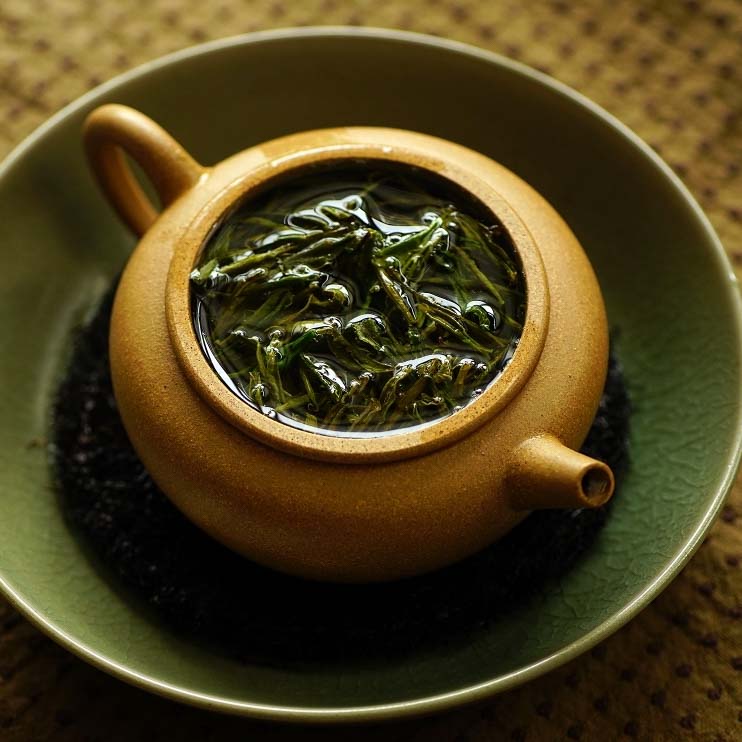A cup of tea, what is good, everyone’s definition is different. In fact, the human body will tell you if the tea is good! This involves these four key words: Sweet after taste, enriching the saliva, aftertaste and somatosensory.
Keyword 1: Sweet aftertaste
Sweet aftertaste refers to the process by which bitterness is transformed into sweetness in the mouth. Returning to sweetness is a pleasant experience of drinking tea. Good tea often comes with ” sweet aftertaste “, and the strength and durability of returning sweetness are often used as the criteria for judging good tea.
Good tea is sweet and slightly bitter at the beginning of the tongue, and has a long aftertaste in the mouth. As time goes by, the sweetness gradually exceeds the bitterness, and finally ends with sweetness. In the taste of a sip of tea, it shows a full contrast, bringing a magical impact and enjoyment to the taste buds.
Keyword 2: Enriching the saliva
The tongue produces fluid. After the tea soup is swallowed in the mouth, the saliva in the mouth is slowly secreted, and it feels soft and smooth. Saliva is constantly secreted from the tongue and then flows into the mouth on both sides of the tongue.
Saliva is constantly produced at the bottom of the tongue, the highest level of fluid production, the focus is on continuous. The tea touches the bottom of the tongue through the mouth, and the bottom of the tongue will slowly produce fluid, and there will be a sensation of small bubbles gushing out continuously. This process is gentler and more continuous.
Keyword 3: Aftertaste
Aftertaste refers to the sensation that tea brings to the throat after drinking tea, such as the sweet and refreshing aftertaste produced by the throat. After the tea satisfies the taste stimulation in the mouth, it penetrates into the throat and even the esophagus and stomach to produce a feeling of heat.
Keyword 4: Somatosensory
According to the theory of traditional Chinese medicine, the body will have corresponding feelings according to its cold and heat attributes when eating any food. After tea enters the human body, the corresponding sensations in various organs of the body-“coolness, warmth, heat, acidity, numbness, swelling, pain” are somatosensory.
The body sensation when drinking tea is the tea smell in the mouth of tea people. It is produced by combining organic germanium in tea with polysaccharides and dissolving in water. It is often manifested as hiccups, body heat, light sweating, etc.
Strong body sensation is a manifestation of the rich material content of tea. It is only an objective or even accidental existence. It is not an inevitable standard for good tea, but the communication between the personal body and tea, and it is only representative of the tea atmosphere. It is a personal feeling. Tea Qi is the natural reaction of the human body to tea. People of different constitutions have different reactions, so don’t define others by your own feelings.
The human body is better at picking tea than the mind. The mind may be influenced by others, but the body does not. So, you need to discover the clues buried deep in the body and savor carefully to find a good tea that suits you.
